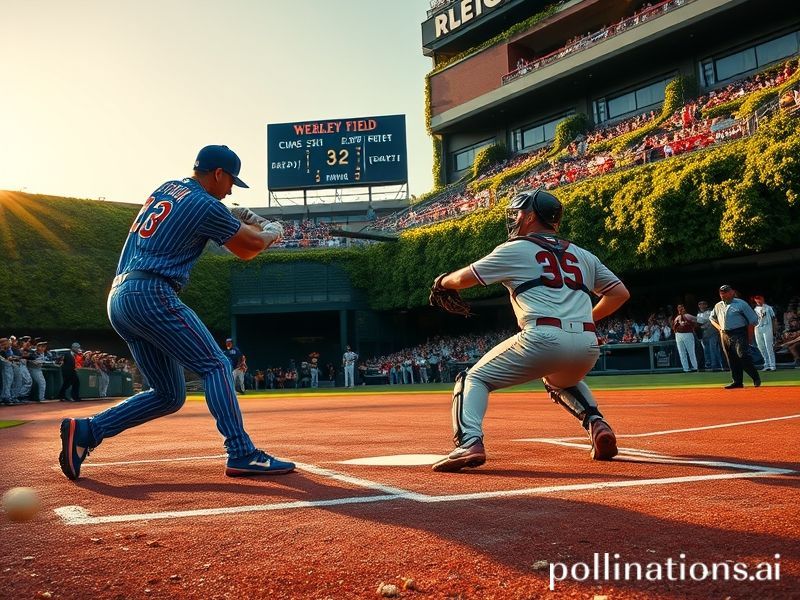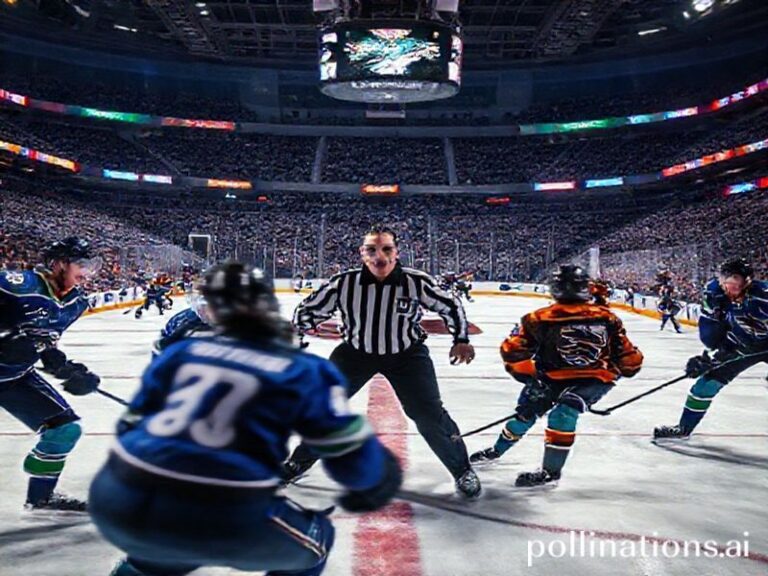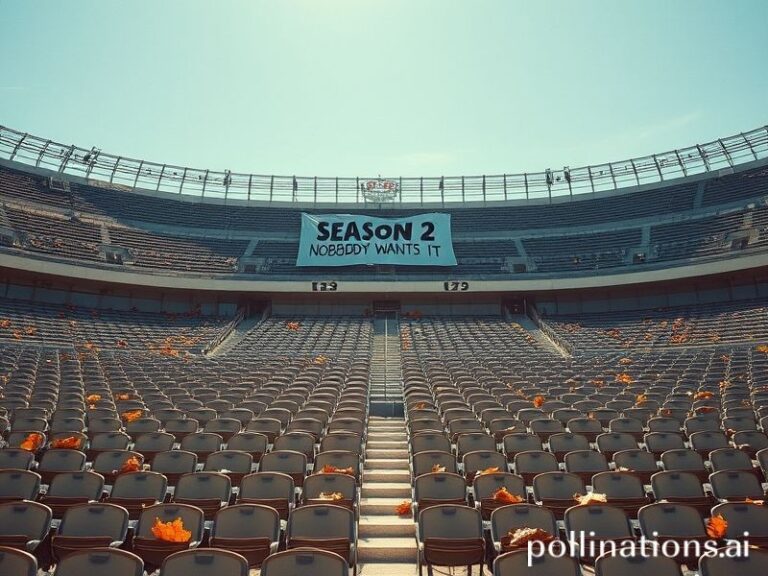Cubs vs Reds: How a Rust-Belt Baseball Grudge Match Became the Planet’s Favorite Distraction
Cubs vs Reds: The Eternal Midwestern Proxy War That Explains Everything Wrong With the Planet
By the time the sun rose over the Sea of Japan on Thursday, bleary-eyed salarymen in Tokyo were already checking the overnight box score from Wrigley Field like it contained state secrets. Half a world away, a British currency trader in Singapore paused mid-transaction when his Bloomberg terminal flashed “Cubs 4, Reds 3,” muttering something about geopolitical risk that made precisely no sense to anyone within earshot. Somewhere in Lagos, a night-shift cyber-security analyst refreshed his feed, noted that Elly De La Cruz had struck out again, and decided the firewall could wait—clearly, the collapse of Western civilization had been rescheduled for the bottom of the ninth.
Welcome to the 2024 installment of Cubs versus Reds, a rivalry so parochial it makes the Hundred Years’ War look cosmopolitan, yet so globally contagious it could tank emerging-market bonds if Joey Votto forgets how to turn a double play. On the surface it’s just two middling National League clubs—one famous for ivy and curses, the other for chili and existential dread—playing baseball in front of 35,000 people who’ve convinced themselves this matters. Underneath, it’s a perfect laboratory for observing how humanity willfully misallocates attention while the planet quietly melts.
In Kyiv, a bomb-shelter full of civilians caught the radio feed thanks to a bored radio engineer who pirated the MLB GameDay audio instead of the BBC World Service. In Damascus, a barista streamed the seventh-inning stretch on TikTok because, as he put it, “even barrel bombs pause for ‘Take Me Out to the Ball Game.’” Meanwhile, a Swiss reinsurance actuary updated her climate-risk model after noticing the wind had shifted off Lake Michigan, proving once again that global capital will price anything, including the breeze that might carry Cody Bellinger’s pop-up into the basket.
The game itself was a tidy three-hour seminar on late-capitalist absurdity. Cubs starter Shōta Imanaga—signed for $53 million, or roughly the GDP of Tuvalu—retired the first nine batters on 27 pitches, thereby burning fewer calories than a TikTok dance challenge. Reds reliever Emilio Pagán entered with a 7.20 ERA, which in today’s economy qualifies as “growth stock potential.” The decisive run scored when Chicago’s Dansby Swanson reached on a fielding error by Reds shortstop Matt McLain, an event immediately blamed by Cincinnati talk radio on everything from woke analytics to the Federal Reserve.
Viewed from Davos, the contest was a masterclass in soft-power projection. Wrigley’s new LED boards—visible from the International Space Station, according to NASA interns with questionable priorities—flashed ads for Japanese whiskey, Korean electronics, and a crypto exchange domiciled in the Cayman Islands. Every time the ballpark organ blasted a jingle, global supply chains shuddered slightly, as if the ghosts of 19th-century Pullman strikers were rolling their eyes in unison.
And then, mercifully, it ended: Cubs win, Reds lose, planet continues rotating on its increasingly wobbly axis. Within minutes, sports-betting apps from Manila to Malta recalibrated futures markets; a hedge fund in Greenwich, Connecticut, shorted Busch Light futures on the assumption that Ohioans would now drink in despair. In the post-game presser, Cubs manager Craig Counsell cited “grit” and “resilience,” two words that also appear in every IMF austerity letter to the Global South.
So what did we learn from this particular skirmish in America’s most exported provincial pastime? Only that the world remains stubbornly, hilariously interconnected. While glaciers calve and democracies convulse, a statistically irrelevant baseball game can still hijack the collective cortex of eight billion people because, deep down, we all prefer our existential crises wrapped in peanuts, Cracker Jack, and the illusion of a box score. Tomorrow the sun will rise on Shanghai, someone will check last night’s Cubs-Reds recap, and the whole circus will start again—proof that the true World Series is simply the one we play against boredom, and boredom is currently leading, 3-2, in the bottom of the twenty-first century.







